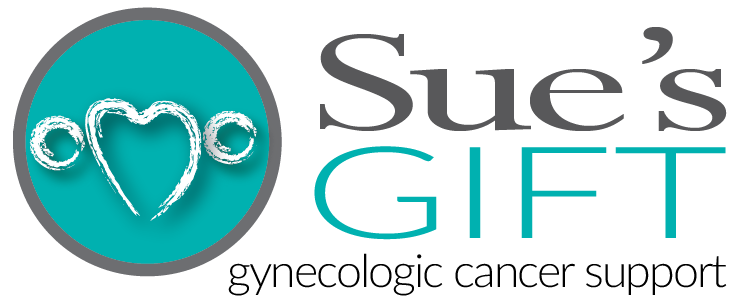What’s Your Why?
“He who has a why to live can bear almost any how.”
Image Credit @patrick_schneider
Have you had times when you had no direction for your life? Maybe it was all you could do to put one foot ahead of the other… get through another week. I bet almost everyone has gone through a few weeks, months, or maybe years like that, and it’s not a good feeling. The feeling is depression.
I remember Herman, in his 70s, when he came to my eight-week grief support group for those whose spouse or partner had died. He was quiet, unassuming, yet attentive in the group. He told the group he was facing his prostate cancer diagnosis alone and was on his second pacemaker. At the end of the eight-week seminar, most of the group participants were in a much better place than the first night they attended. But Herman was not; he was still very depressed and continued to struggle with insomnia. He and his wife of 50-plus years never had children, and when she died, he was immobilized, lost, and lonely. As the social worker in the cancer center, I didn’t know what more to do to help him move beyond where he was, so I referred him to the cancer center counselor, who also happened to be my husband, Jay.
Jay and Herman had many weekly sessions together. After several months I inquired how Herman was doing. Jay said he was doing great. Really? I was amazed because I had seen Herman so sad and floundering. I was curious about what had brought about such a dramatic change. Jay said, “We talked about making violins.” “That’s it?” I said.
Jay told me Herman had made violins in his younger days, but his German, no-nonsense wife disapproved of frivolity and considered such things unnecessary. Consequently, he’d given up his passion in deference to her wishes. So Jay and Herman talked about violins, how they were made, where the exotic wood could be obtained, and exactly how each intricate, delicate piece fit together. Herman became animated in thinking about his long-ago passion. He went to bed each night, planning what part of the violin he would work on the next day. Each beautiful, unique, and lovingly-made violin would be given to an underprivileged middle-school student along with free lessons. In addition, Herman began playing the violin with a few musicians at his small church, relishing his passion for music that he had long ago abandoned. He no longer had insomnia. He had found creativity, purpose, and meaning. He had found his “why.”
In the difficult times of our lives – the death of a loved one, a cancer diagnosis and treatment, a pandemic, loss of a job, and so many more – it’s crucial to discover our “why.” Finding a purpose in life equates with finding meaning in life. Do you know what you are good at? Do you know what “lights you up” when you talk about it? Do you know what gives you joy? Do you have an opportunity for creative expression? Do you have a sense of accomplishment? Do you understand helping someone else is also helping yourself?
If you know those answers, you’re no longer in the desert but on the road to a fulfilling journey and destination. When you have your “why,” you can cope with almost any “how.”
(Herman’s story has been shared with his permission.)
Click the ▶ play button below to listen to this blog post, read aloud by the author Sherry Martin, LCSW, Patient Services Director at Sue’s Gift.
Leave feedback for the author here. (Comments are not posted online.)


